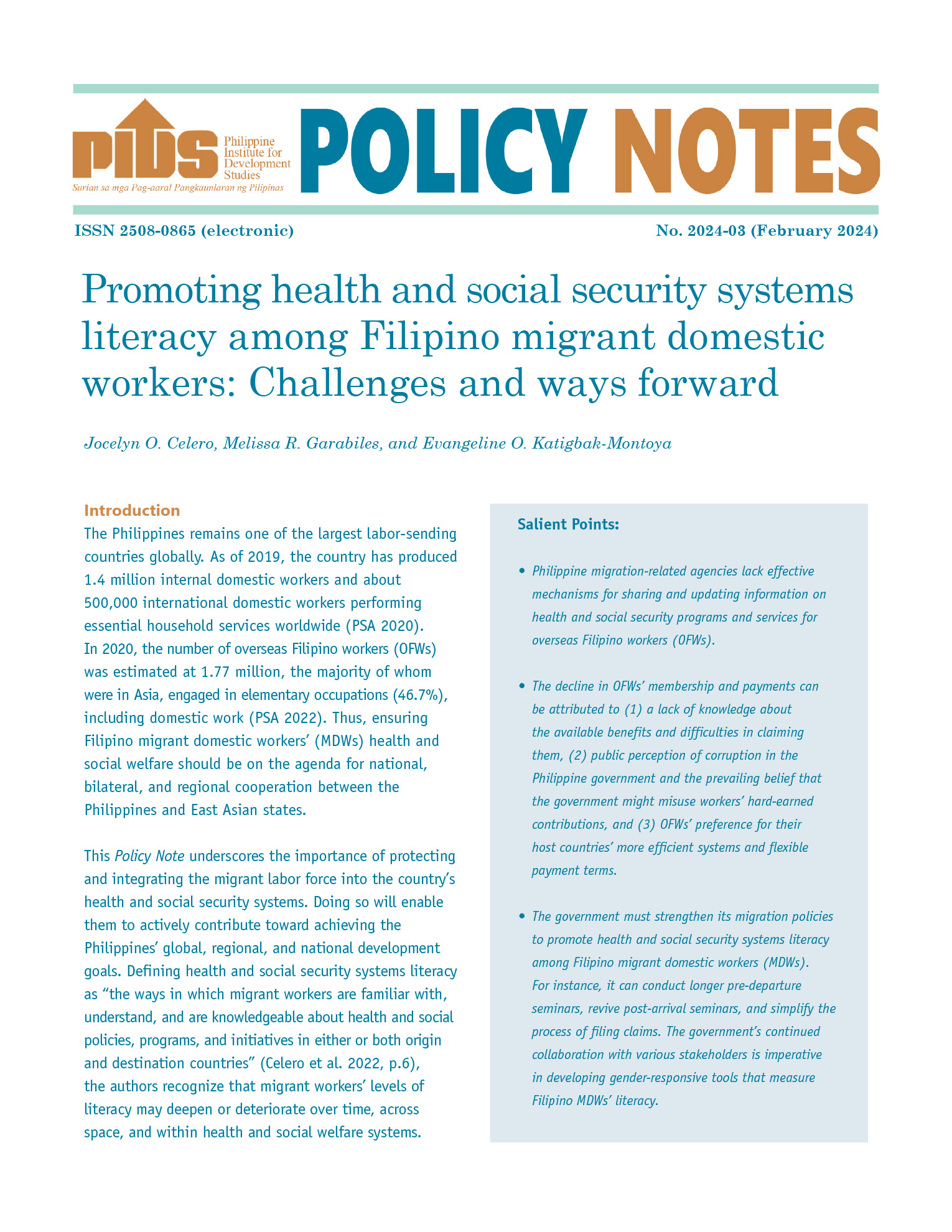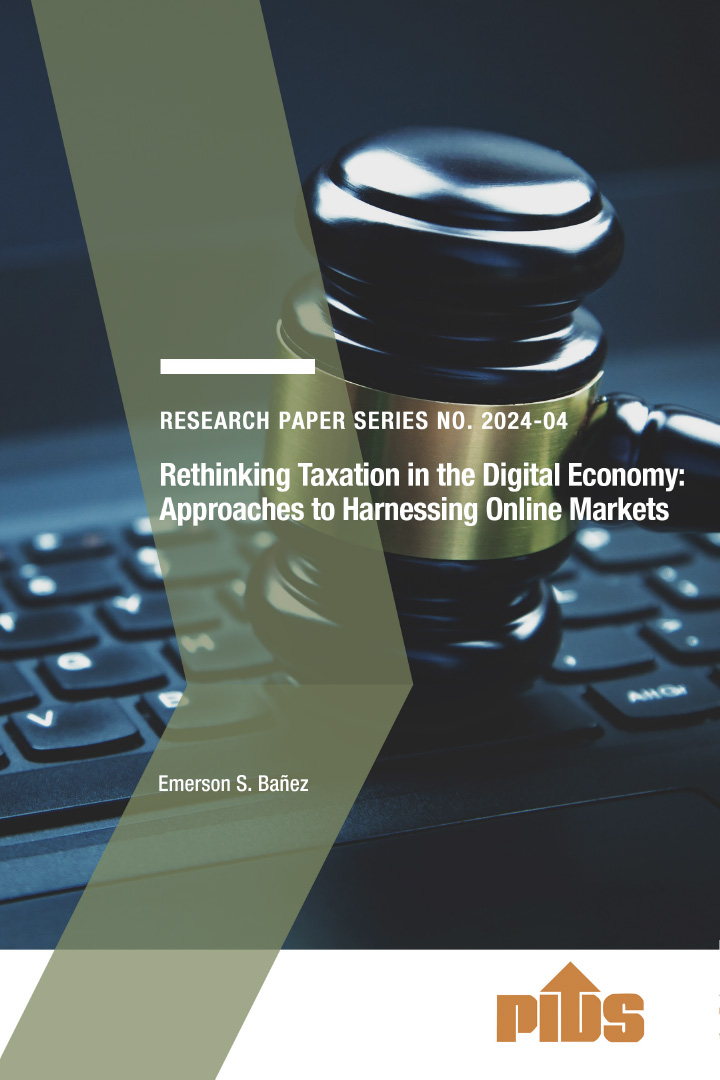WHILE Filipinos comprised the largest population of online freelancers in the world, they are also considered easily replaceable by machines, according to the World Bank.
In the recently report, titled East Asia and the Pacific (EAP) Update, the World Bank said the information technology and business-process outsourcing (IT-BPO) industry accounted for 13 percent of GDP in 2013.
“However, 85 percent of the revenues are generated in jobs that are intensive in routine cognitive tasks, with workers increasingly susceptible to automation. Low wages will delay this process but are unlikely to halt it,” the World Bank said.
The Washington-based lender said online freelancers are part of the million-strong IT-BPO.
The World Bank said direct employment reached 1 million full-time employees in August 2014 from “virtually” zero in 1999.
In 2012 average annual compensation per employee in the industry was around $8,849, almost three times the country’s per capita.
“Outsourcing opportunities are increasing in other areas through online work, providing workers and firms with access to the global employment marketplace,” the World Bank report read.
“On oDesk, which is part of the biggest online outsourcing platform Upwork, the largest number of contractors in relation to country population is in the Philippines, followed by India, the United States, Bangladesh and Pakistan,” it added.
The World Bank said digital technologies have made online freelancing a major source of jobs in the East Asia and the Pacific region.
The bank said the popularity of internet-enabled offshoring has taken away millions of jobs from the US economy. An estimated one in four jobs in the US has already been offshored or could be offshored in the future.
The other EAP countries with sizable freelancers include Australia, China and Indonesia. In Elance, which is also part of Upwork, about 44 percent of workers are women, compared with just 25 percent in the nonagricultural economy.
“Further expansion of freelancing in EAP will require addressing issues that are related to language [mainly English], regulations, payment platforms and trust,” the World Bank, however, said.
In 2007 state-owned think tank Philippine Institute for Development Studies (Pids) said BPO-based growth would not lead to sustainable GDP growth.
The recent success of the IT-BPO sector, the Policy Note stated, the government wanted to shift its economic policy to extend greater support for the services sector compared to the manufacturing sector.
Despite this, Pids said it would be “unwise to ‘abandon’ the manufacturing sector in favor of the services sector” because jobs in the services sector are dependent on third-party options who may or may not choose to invest in the country at any given time. //
In the recently report, titled East Asia and the Pacific (EAP) Update, the World Bank said the information technology and business-process outsourcing (IT-BPO) industry accounted for 13 percent of GDP in 2013.
“However, 85 percent of the revenues are generated in jobs that are intensive in routine cognitive tasks, with workers increasingly susceptible to automation. Low wages will delay this process but are unlikely to halt it,” the World Bank said.
The Washington-based lender said online freelancers are part of the million-strong IT-BPO.
The World Bank said direct employment reached 1 million full-time employees in August 2014 from “virtually” zero in 1999.
In 2012 average annual compensation per employee in the industry was around $8,849, almost three times the country’s per capita.
“Outsourcing opportunities are increasing in other areas through online work, providing workers and firms with access to the global employment marketplace,” the World Bank report read.
“On oDesk, which is part of the biggest online outsourcing platform Upwork, the largest number of contractors in relation to country population is in the Philippines, followed by India, the United States, Bangladesh and Pakistan,” it added.
The World Bank said digital technologies have made online freelancing a major source of jobs in the East Asia and the Pacific region.
The bank said the popularity of internet-enabled offshoring has taken away millions of jobs from the US economy. An estimated one in four jobs in the US has already been offshored or could be offshored in the future.
The other EAP countries with sizable freelancers include Australia, China and Indonesia. In Elance, which is also part of Upwork, about 44 percent of workers are women, compared with just 25 percent in the nonagricultural economy.
“Further expansion of freelancing in EAP will require addressing issues that are related to language [mainly English], regulations, payment platforms and trust,” the World Bank, however, said.
In 2007 state-owned think tank Philippine Institute for Development Studies (Pids) said BPO-based growth would not lead to sustainable GDP growth.
The recent success of the IT-BPO sector, the Policy Note stated, the government wanted to shift its economic policy to extend greater support for the services sector compared to the manufacturing sector.
Despite this, Pids said it would be “unwise to ‘abandon’ the manufacturing sector in favor of the services sector” because jobs in the services sector are dependent on third-party options who may or may not choose to invest in the country at any given time. //












